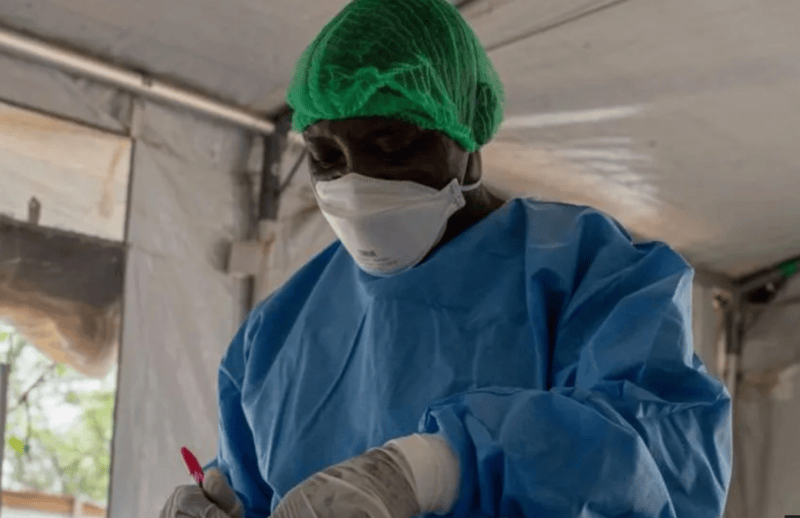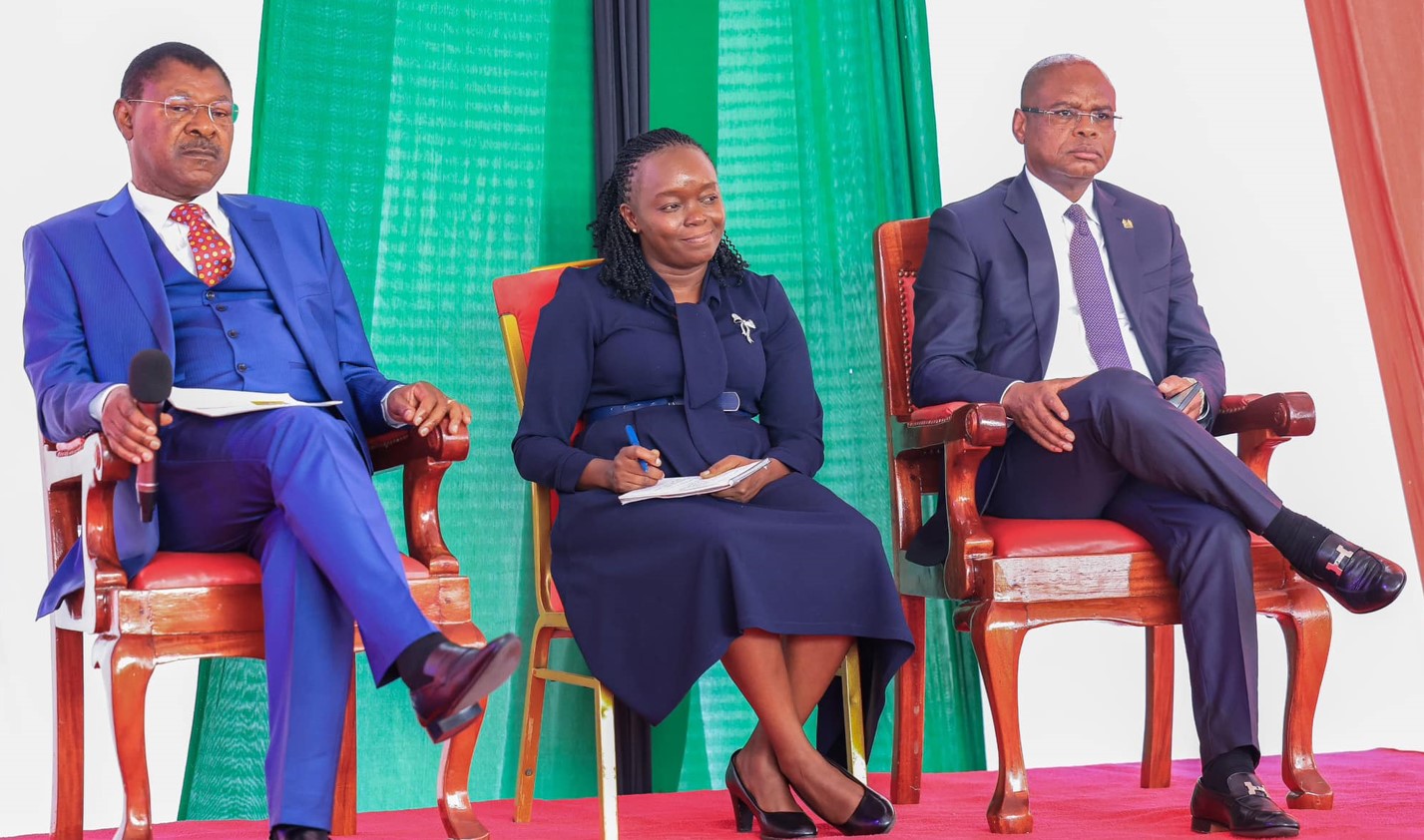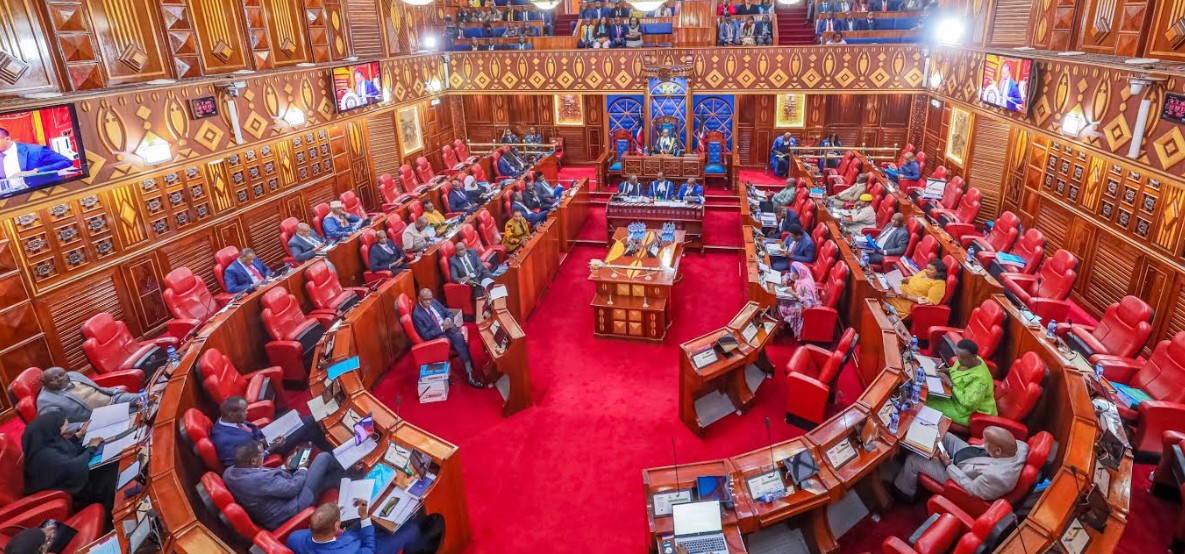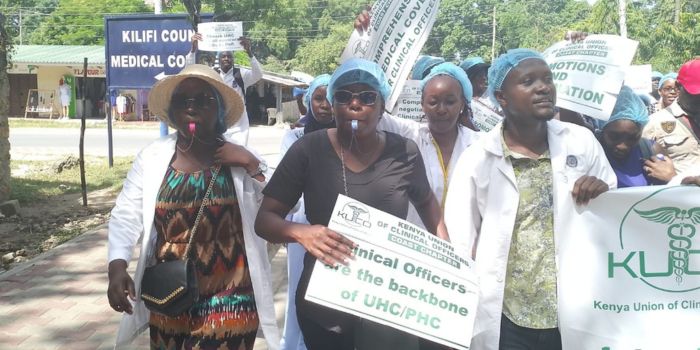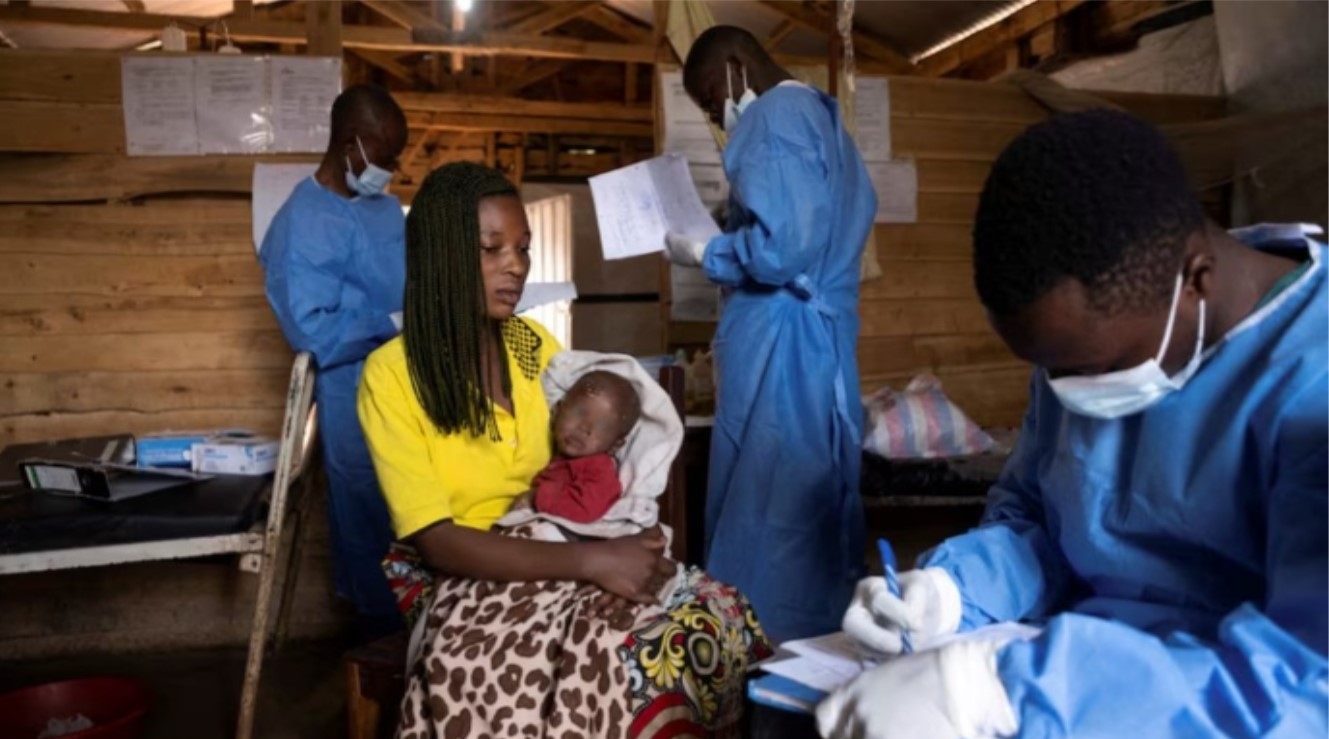Three new cases of Mpox confirmed bringing Kenya's caseload to 17
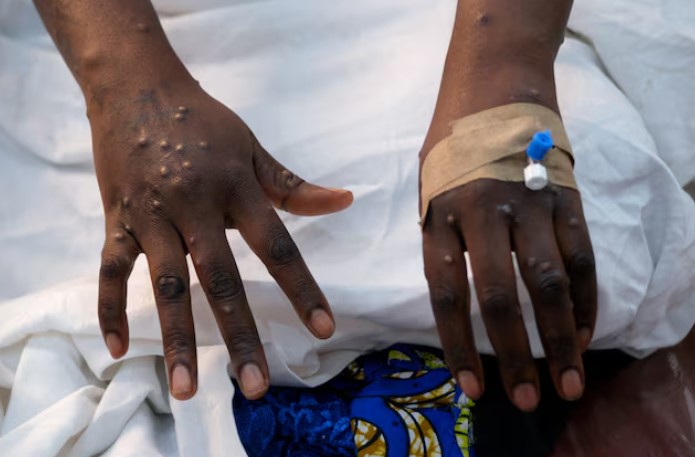
By Charity Kilei |
The Ministry of Health continues to monitor the situation closely and urges Kenyans to avoid non-essential travel to areas with active Mpox transmission.
Three new cases of Mpox have been confirmed in the country, bringing the total number of confirmed cases to 17. The new cases were reported in Mombasa, Nakuru, and Nairobi counties.
"After nearly a month with no new cases, the National Public Health Laboratory has confirmed three additional Mpox cases. This brings the total number of confirmed cases to 17," Health CS Deborah Barasa said in a statement.
Keep reading
- Government and KMPDU reach deal, intern doctors to earn Sh206,000 salary
- Governments failing to prioritise health forcing patients to bear the burden - report
- Kenya's Mpox cases rise to 28 after five new confirmations
- Only fools can be forced into signing contracts – Ruto to governors over medical equipment deal
The cases are distributed as follows: Nakuru (3), Kajiado (2), Bungoma (2), Taita Taveta (1), Busia (1), Nairobi (2), Mombasa (2), Makueni (1), Kericho (1), Uasin Gishu (1), and Kilifi (1).
Currently, three patients are under medical management, while 13 individuals have fully recovered, and one person has sadly passed away. Additionally, 83 contacts have been identified, with 78 having completed the required 21-day follow-up. Of these contacts, three have tested positive for Mpox, and two remain under active monitoring.
In the last 24 hours, 15,068 travellers have been screened at Points of Entry (POEs), bringing the total number of travellers screened to 1,701,813 across 26 POEs. The National Public Health Laboratory has tested 271 samples, with 17 returning positive results, 250 negatives, and four still pending.
The Ministry of Health continues to monitor the situation closely and urges Kenyans to avoid non-essential travel to areas with active Mpox transmission.
"We are also working to secure Mpox vaccines, which will soon be available for high-risk individuals. We call on all Kenyans to remain vigilant, follow Mpox prevention measures—such as avoiding close contact with infected individuals or their personal belongings, limiting sexual partners to reduce exposure, and practising good hygiene—and to report any symptoms or suspected cases to the nearest health facility," the CS said.
Reader comments
Follow Us and Stay Connected!
We'd love for you to join our community and stay updated with our latest stories and updates. Follow us on our social media channels and be part of the conversation!
Let's stay connected and keep the dialogue going!
Latest News For You

